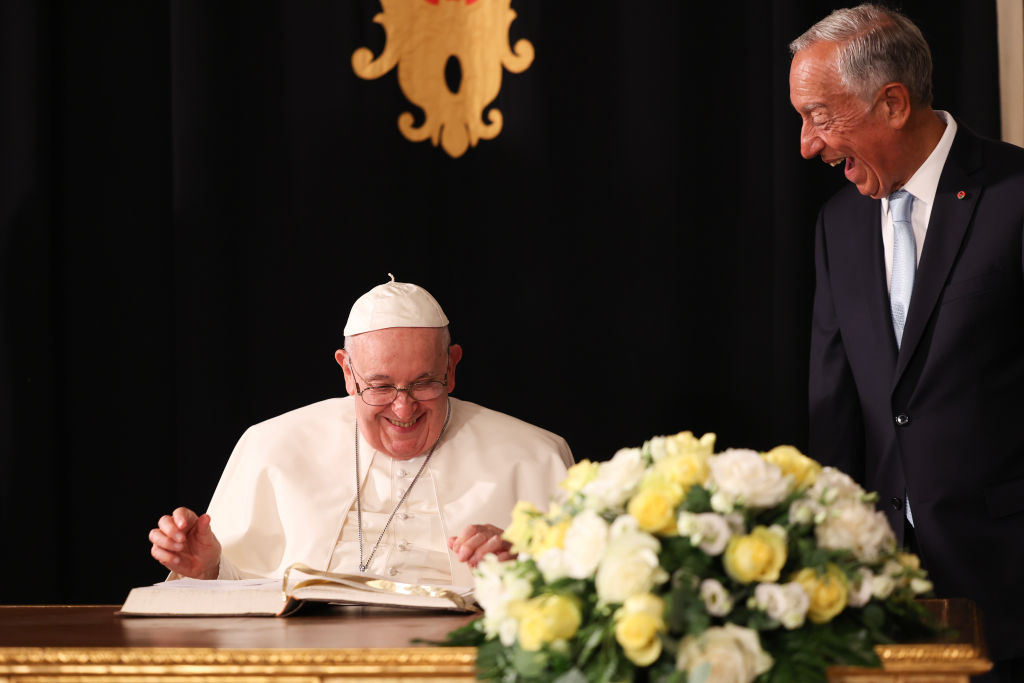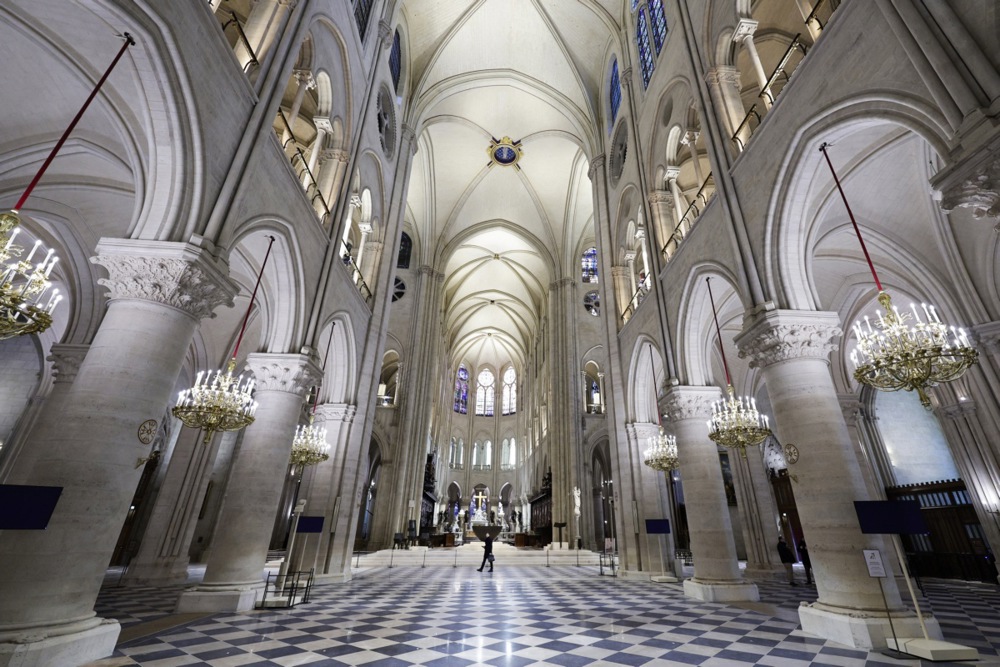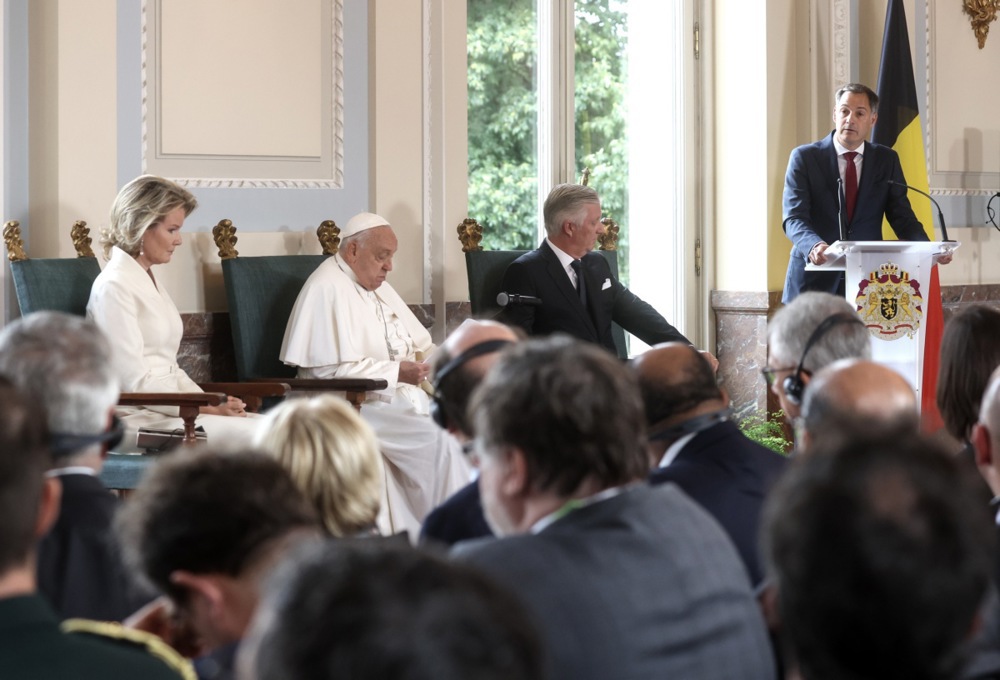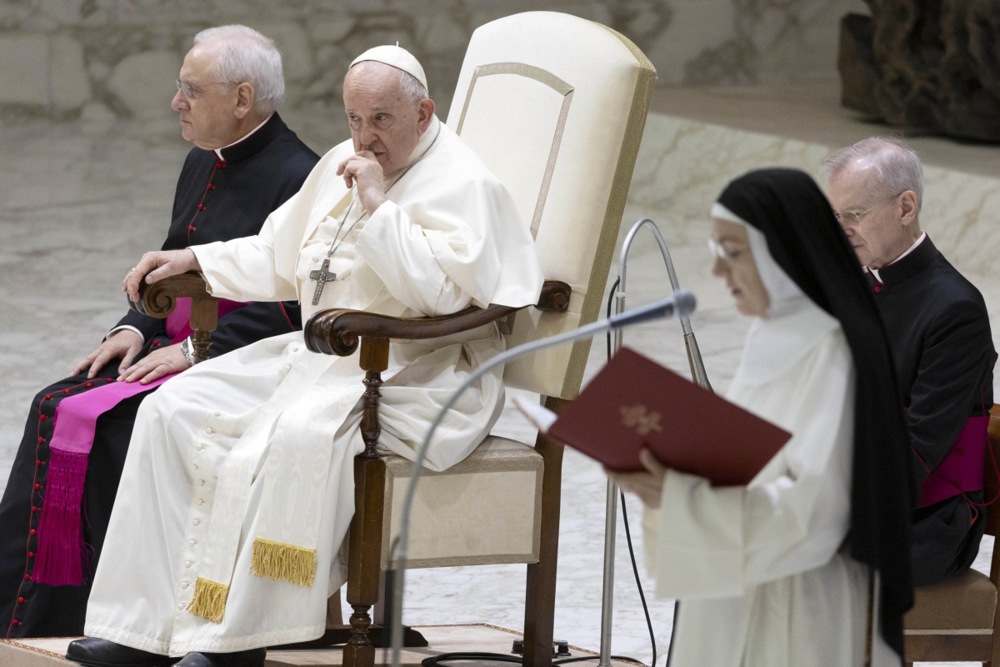Pope Francis, born Jorge Mario Bergoglio, has passed away at the age of 88, in his residence at the Vatican’s Casa Santa Marta.
The Vatican confirmed that his death on Easter Monday, April 21, 2025, was the result of a stroke, which led to a coma and irreversible heart failure. His passing followed a difficult year marked by significant health challenges, including a 38-day hospitalisation for double pneumonia earlier in 2025.
Despite medical advice recommending two months of rest, Pope Francis made a final public appearance on Easter Sunday, April 20, delivering the Urbi et Orbi blessing from the balcony of St Peter’s Basilica and greeting the faithful from the popemobile — his last act of pastoral engagement.



Defying medical advice, Pope Francis appeared on the balcony of St Peter’s Basilica to deliver his Easter blessing, making a heartfelt appeal for peace in conflict zones including Gaza, Ukraine and Sudan.
The same day, he also held a brief meeting with US Vice President JD Vance. Although visibly frail and reliant on an aide to read the majority of his address, the Pope’s presence deeply moved the 35,000 gathered in St Peter’s Square.

At 7:35am, Pope Francis succumbed to a stroke and heart failure. His death was formally announced at 9:45am by Cardinal Kevin Farrell, the Camerlengo, who declared: “The Bishop of Rome, Francis, has returned to the house of the Father.”
The timing — just after Easter — was described by some as “poetic”. Among them was US student Bianca Lott, who, speaking from Rome, said she saw it as a poignant reflection of the Pope’s lifelong devotion to the mystery of Christ’s resurrection.




Pope Francis had requested a simplified funeral, emphasising his role as a pastor rather than a world figure.
His corpse has been placed in an open coffin in St Peter’s Basilica for public viewing.
He chose to be buried at the Basilica of Santa Maria Maggiore in Rome, not St Peter’s, in a simple tomb inscribed only with “Franciscus”, funded by an anonymous benefactor.


Francis championed the poor, migrants and refugees, earning the nickname “People’s Pope.” Notable acts included washing the feet of refugees, prisoners and AIDS patients and advocating for interfaith dialogue, including historic visits to Iraq and the UAE.
He championed inclusivity throughout his papacy, most notably with his 2013 remark: “Who am I to judge?” in reference to gay clergy — signalling a more compassionate and open stance towards the LGBTQ+ community, even as he maintained the Church’s opposition to same-sex marriage.
Pope Francis also made historic strides in appointing women to senior roles within the Vatican and significantly broadened the diversity of the College of Cardinals.
Almost 80 per cent of the cardinal electors who will choose his successor were appointed by him, shaping the character and direction of the future conclave.



His 2015 encyclical Laudato si’ marked the first papal document dedicated to the environment, urging decisive action on climate change.
He also condemned consumerism and global inequality and, in 2024, warned that climate change was “a road to death”.
Pope Francis drew criticism from both ends of the ideological spectrum. Conservatives accused him of diluting Church doctrine, while progressives expressed disappointment over his refusal to advance causes such as women’s ordination and allowing married priests.
His response to the clerical sexual abuse crisis was met with mixed reactions; although he introduced new accountability measures following meetings with survivors, advocacy groups such as SNAP described his papacy as a “preventable catastrophe” for victims.







